Lavender Oil For Skin: Benefits, How To Use, And Safety
Ditch the chemicals and remedy your skin woes with a dash of the magic elixer, lavender
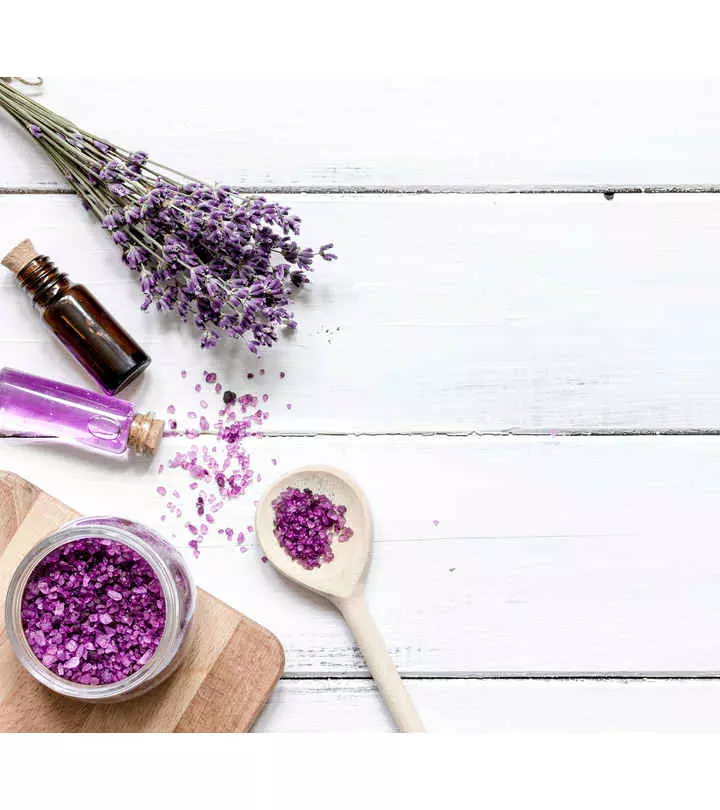
Image: Shutterstock
The benefits of lavender oil for the skin are numerous. Many ancient civilizations used lavender essential oil to treat skin and health issues. It has antimicrobial, antioxidant, and anti-inflammatory effects and is frequently used to soothe the skin. Keep reading to learn about the benefits of lavender oil for the skin, how to use it, and its possible side effects.
In This Article
What Is Lavender Oil?
Lavender oil
is obtained by distillation of the lavender flowers and has been used as a therapeutic agent for centuries. The oil is mainly used in aromatherapy as a sedative, antidepressant, and medicinal preparation. It is often used in lotions, soaps, bath gels, cleansers, toners, and other skin care products.
 Trivia
TriviaLavender oil is rich in phenolic compounds and has antioxidant properties (1). Oils extracted from several varieties of lavender also have anti-inflammatory properties. However, the efficacy of lavender oil mostly depends on the extraction methods. For instance, the oil extracted by the supercritical CO2 method has more antioxidants and topical benefits than the oils extracted by distillation and hexane extraction processes. Here are the benefits of lavender oil for the skin.
Key Takeaways
- Lavender oil may effectively neutralize bacteria that cause acne and other skin issues.
- It has wound-healing properties and may reduce swelling and soothe inflammatory skin conditions like psoriasis.
- However, using this oil in higher doses can irritate the skin. So, practice caution.
Benefits Of Lavender Oil For The Skin
1. Antibacterial And Antifungal Benefits
Lavender oil has antibacterial properties against many types of bacteria, including P. acnes and S.aureus, known to cause acne and other skin issues (2). This makes lavender oil a noteworthy option among essential oils for acne. It also has antifungal properties and is effective against Candida albicans and may help manage skin infections caused by various strains of candida (1).
 Did You Know?
Did You Know?2. Manages Inflammatory Conditions
Lavender essential oil may help manage inflammatory skin conditions like psoriasis and eczema and prevent flares (3).
3. Has Aromatherapeutic Effects
Inhaling lavender essential oil can reduce stress, anxiety, depression, and improve your mood (2).
4. Reduces Redness
Lavender oil can reduce redness and complications associated with recovery of an episiotomy (incision on the vagina during childbirth) (4). The oil was found to promote healing on the surgery site.
5. Promotes Wound Healing
Lavender oil may help heal burn wounds, insect bites, injury, abrasions, and other skin issues (5). It promotes new cell growth and repair damaged skin tissues (6).
6. Reduces Inflammation
Inflammation shows up on the body as redness, heat, swelling, and pain. Topical and oral lavender oil reduces swelling and inflammation (7). Oil extracted from L. stoechas and L. luiseri (varieties of lavender) decreases the production of molecule nitric oxide, a component of the body’s inflammatory response system that causes inflammation (1).
7. Prevents Oxidative Damage
Lavender oil contains antioxidants (1). They can reduce free radical production, one of the causes of inflammation, UV damage, photoaging, and skin damage (8).
8. Manages Sunburns
Lavender oil offers soothing properties that may aid in relieving sunburn discomfort because it has anti-inflammatory properties that may help alleviate the pain, and soothe the redness and itching associated with sunburn (9). To use lavender oil for sunburn relief, mix a few drops of pure lavender essential oil with a carrier oil, such as coconut or jojoba oil, to dilute its potency. Gently apply the diluted mixture to the affected sunburned areas using a clean cotton ball or soft cloth. For severe sunburns or if irritation persists, seek medical advice or consult a dermatologist. Additionally, always prioritize sunscreen to prevent sunburn.
Jessie Quinn, a blogger, has tried lavender oil as a part of her skin care. She shares her experience of adding lavender to her moisturizer, “The scent helped me sleep better at night and made me feel like I was starting each day with a spa-worthy facial. Then one morning I looked in the mirror and saw something I hadn’t noticed before: My skin was SO clear. I’m not talking breakout-free (though it was also that), my complexion had an undeniable crystal-clear glow akin to that of Disney Princesses. After racking my brain for a cause, it dawned on me: The only thing I had changed about my skincare routine was adding lavender essential oil to my moisturizer (i).”
It is also used as a natural preservative in cosmetic formulations (1). You should be careful when using essential oils as they may cause skin irritation. Here is how to use lavender oil for the skin.
How To Use Lavender Oil For Your Skin: Dosage And Preparation
Lavender oil should be used in low doses as it can irritate the skin in higher quantities (7). Here are the dosage instructions (10):
- For Aromatherapy: Add about 2-4 drops of oil in 2-3 cups of boiling water and inhale the vapors.
- For Bathing: Add about 6 drops of lavender oil to a warm bath and soak in it.
- For Topical Application: Mix 1-4 drops of lavender oil per tablespoon of any carrier oil (coconut, jojoba, argan, olive, or castor oils).
You can also mix a few drops of lavender oil with your face masks, creams, moisturizers, and other skin care products. While it is mainly considered safe, there are a few side effects that you should keep in mind.
Side Effects Of Lavender Oil
A recent study showed that lavender oil contains linalyl acetate, which may be toxic to human skin cells (2). Unregulated use of lavender oil may cause:
- Contact dermatitis and skin irritation
- Photosensitization and skin discoloration (10)
Always perform a patch test before buying products that contain lavender essential oil.
The antimicrobial, anti-inflammatory, and antioxidant properties of lavender oil make it one of the best oils used in skin care. The benefits of lavender oil for skin are numerous as it helps manage skin infections, fight against acne-causing bacteria, promote wound healing, and reduce skin inflammation. You can use lavender oil topically and for aromatherapy benefits. However, always be careful to use lavender oil in low doses as there are chances of skin irritation if used in higher quantities. It is best to perform a patch test before incorporating it into your daily skin care regimen.
Frequently Asked Questions
Can lavender oil clear dark spots?
Anecdotal evidence suggests that lavender oil can help minimize discoloration and dark spots on your skin. You can mix a few drops of lavender oil with a small amount of moisturizer and coconut oil. Apply it once or twice a day to see an improvement in your skin tone.
How long does lavender oil take to fade dark spots?
According to anecdotal data, lavender essential oil possesses anti-inflammatory effects that aid in the reduction of dark spots. However, no research has been done to see how long essential oils take to lighten pigmentation.
Is lavender good for wrinkles?
A study revealed that lavender oil might help protect the brain from oxidative stress (1). In addition, when applied to the skin, these similar properties may help minimize the appearance of fine lines and wrinkles. However, further human trials are needed to confirm lavender oil’s efficacy in this regard.
Dive into this comprehensive video guide to explore the benefits of lavender oil in skin care. Discover its soothing properties, how to use it effectively, and flaunt healthy and glowing skin. Click on the play now!
Personal Experience: Source
StyleCraze's articles are interwoven with authentic personal narratives that provide depth and resonance to our content. Below are the sources of the personal accounts referenced in this article.
(i) I Added Lavender Essential Oil to My Moisturizer for the Best Skin of My Lifehttps://www.brit.co/lavender-essential-oil-skincare-benefits/
References
Articles on StyleCraze are backed by verified information from peer-reviewed and academic research papers, reputed organizations, research institutions, and medical associations to ensure accuracy and relevance. Read our editorial policy to learn more.
- Neuroprotective effects of inhaled lavender oil on scopolamine-induced dementia via anti-oxidative activities in rats
https://pubmed.ncbi.nlm.nih.gov/23351960/ - Lavender Essential Oil: a Review
https://www.researchgate.net/publication/242116432_Lavender_essential_oil_A_review - Anti-psoriatic effect of Lavandula angustifolia essential oil and its major components linalool and linalyl acetate
https://www.sciencedirect.com/science/article/abs/pii/S0378874120330087 - Healing Advantages of Lavender Essential Oil Episiotomy Recovery: a Clinical Trial
https://www.researchgate.net/publication/313745862_Healing_advantages_of_lavender_essential_oil_episiotomy_recovery_A_clinical_trial - Essential Oils Used in Aromatherapy: a Systemic Review
https://www.sciencedirect.com/science/article/pii/S2221169115001033 - Wound Healing Potential of Lavender Oil by Acceleration of Granulation and Wound Contraction Through Induction of Tgf-Β in a Rat Model
https://www.ncbi.nlm.nih.gov/pmc/articles/PMC4880962/ - Effect of Lavender (lavandula Angustifolia) Essential Oil on Acute Inflammatory Response
https://www.ncbi.nlm.nih.gov/pmc/articles/PMC5878871/ - Antioxidants and Skin Aging: a Review
https://cdn.mdedge.com/files/s3fs-public/Document/September-2017/022110563.pdf - Anti-inflammatory effect of lavender (Lavandula angustifolia Mill.) essential oil prepared during different plant phenophases on THP-1 macrophages
https://pubmed.ncbi.nlm.nih.gov/34819075/ - Lavender (lavandula Angustifolia Miller)
https://www.researchgate.net/publication/8349334_Lavender_Lavandula_angustifolia_Miller
Read full bio of Dr. Priya Gill
Read full bio of Anjali Sayee
Read full bio of Ramona Sinha
Read full bio of Swathi E





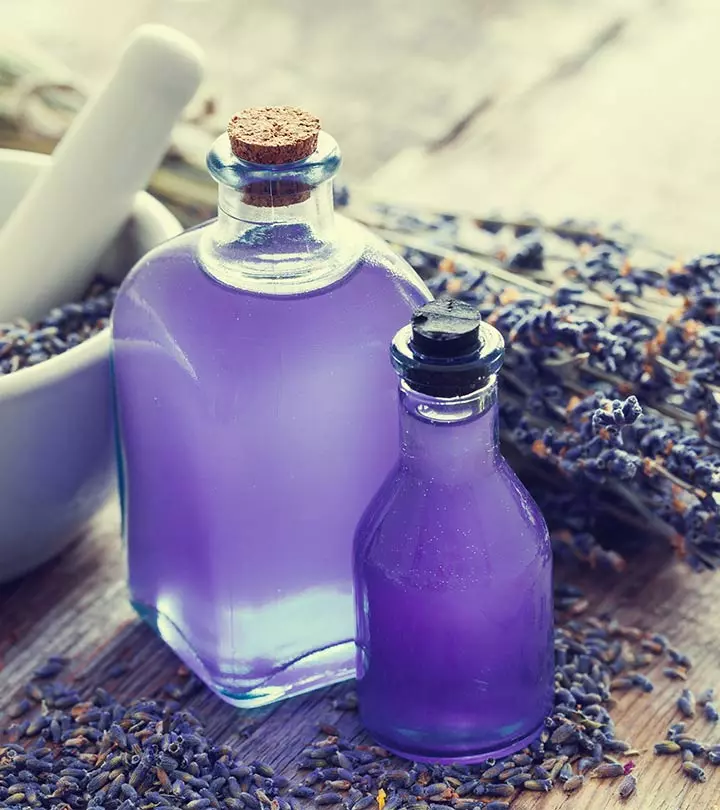
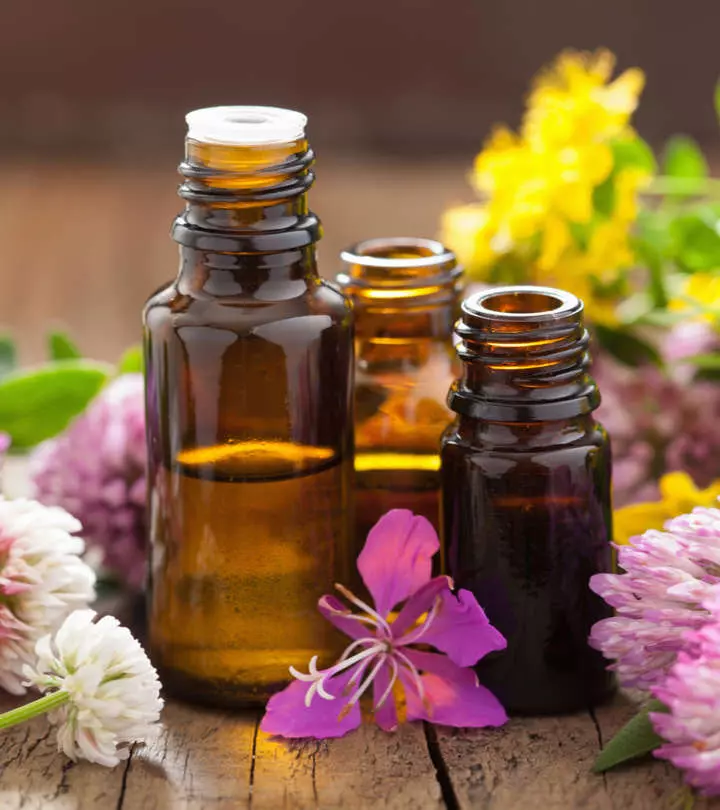
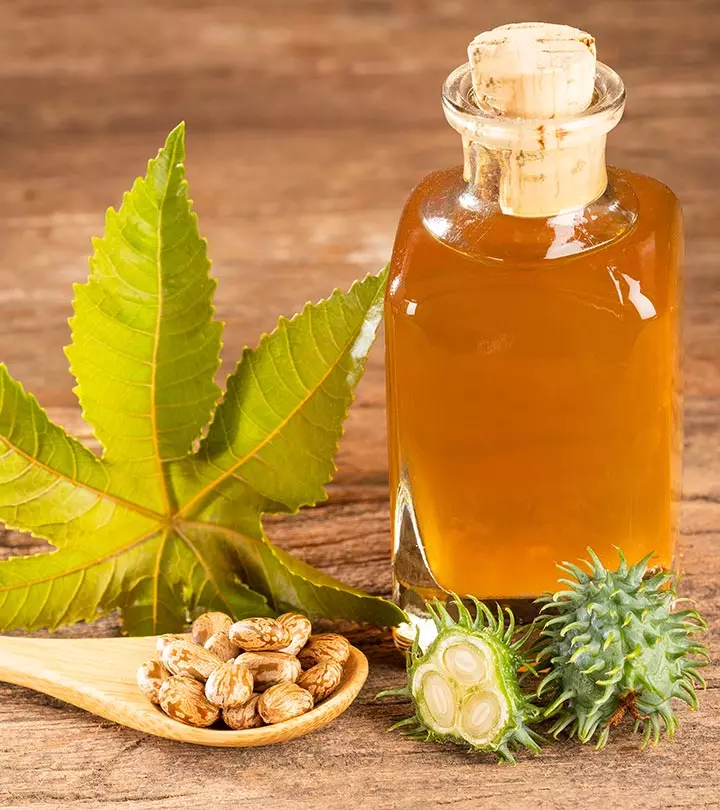
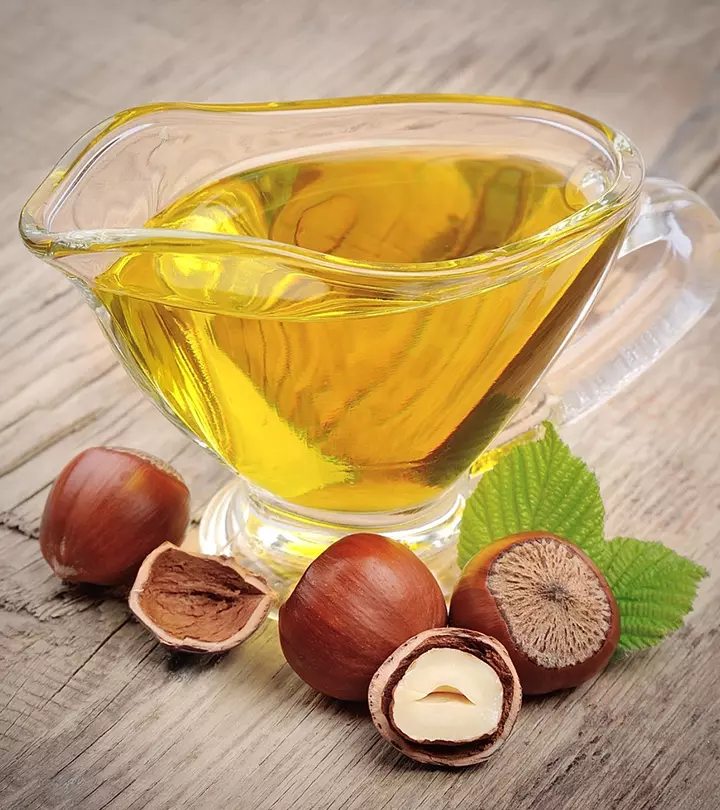
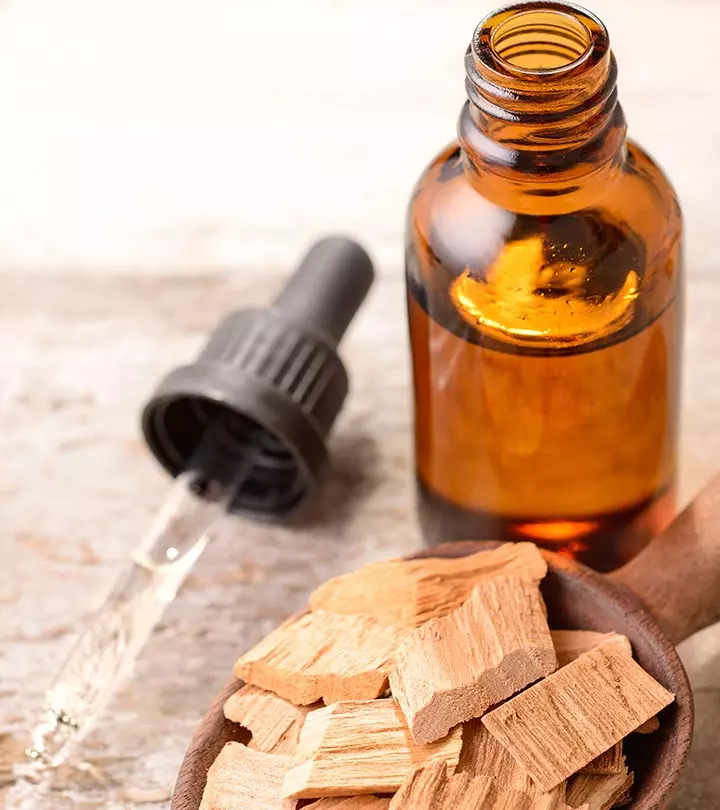
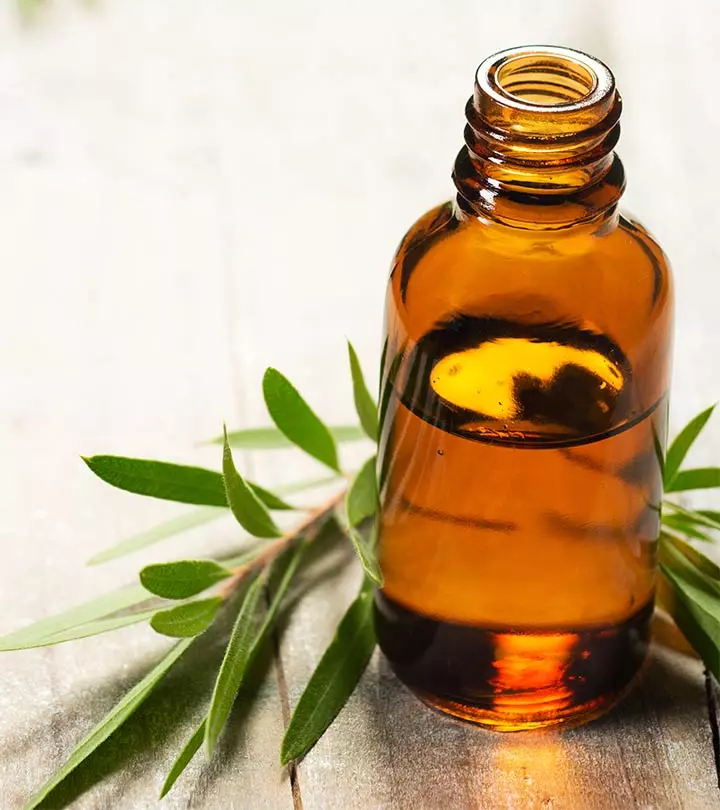
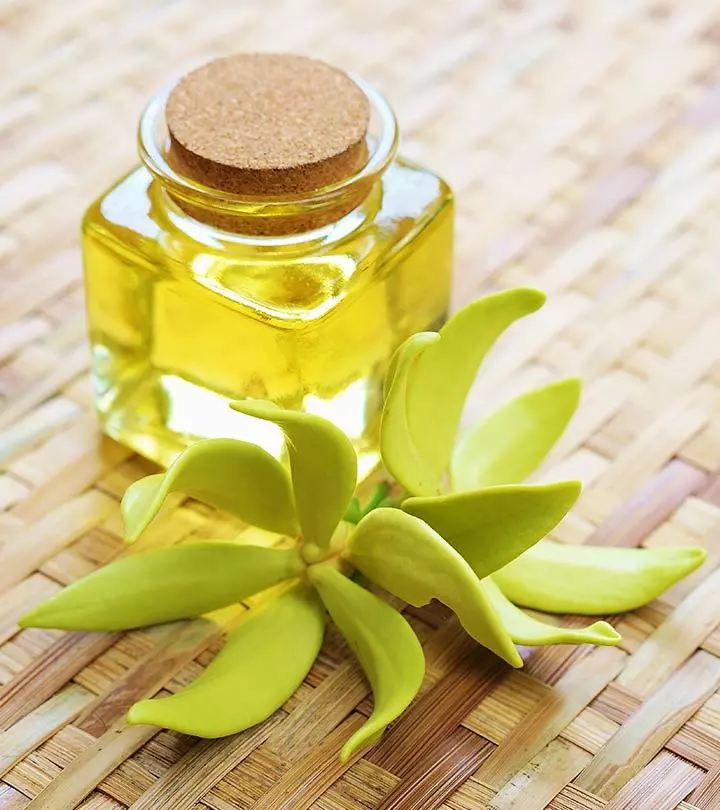
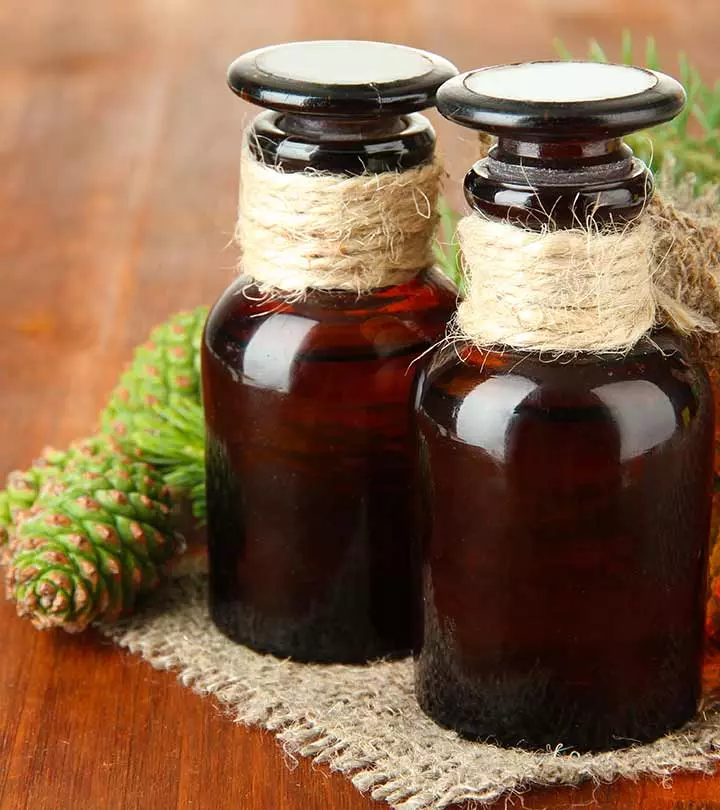
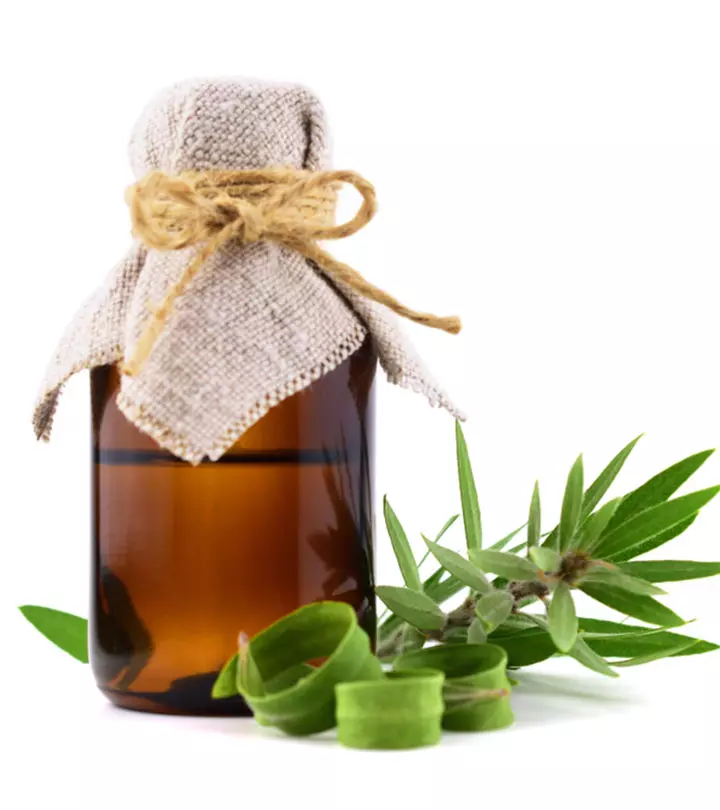
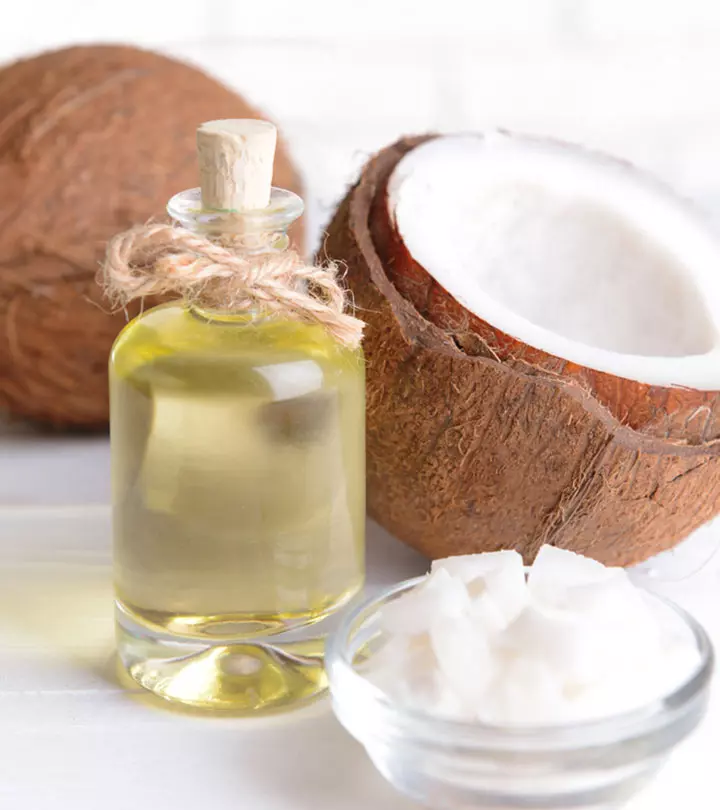
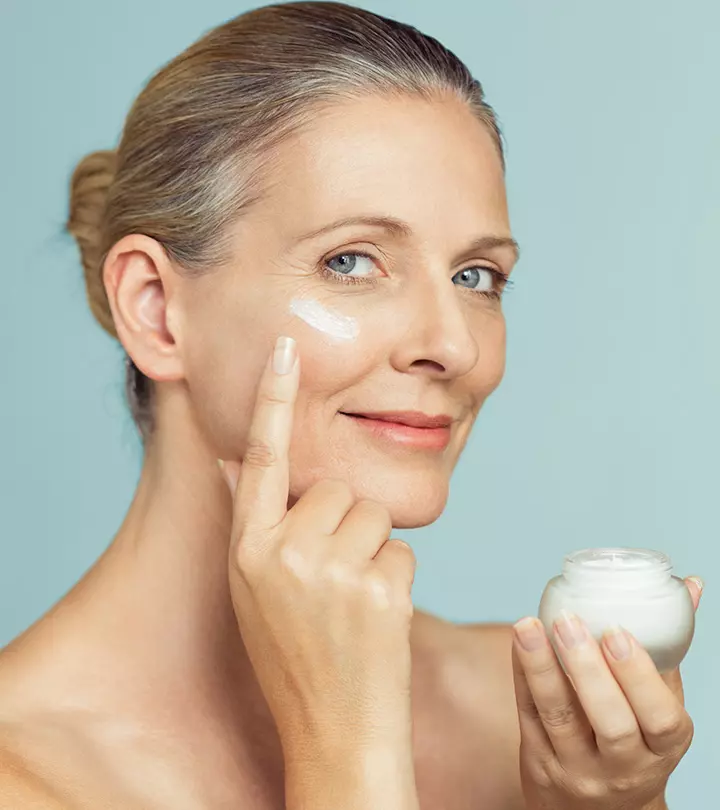
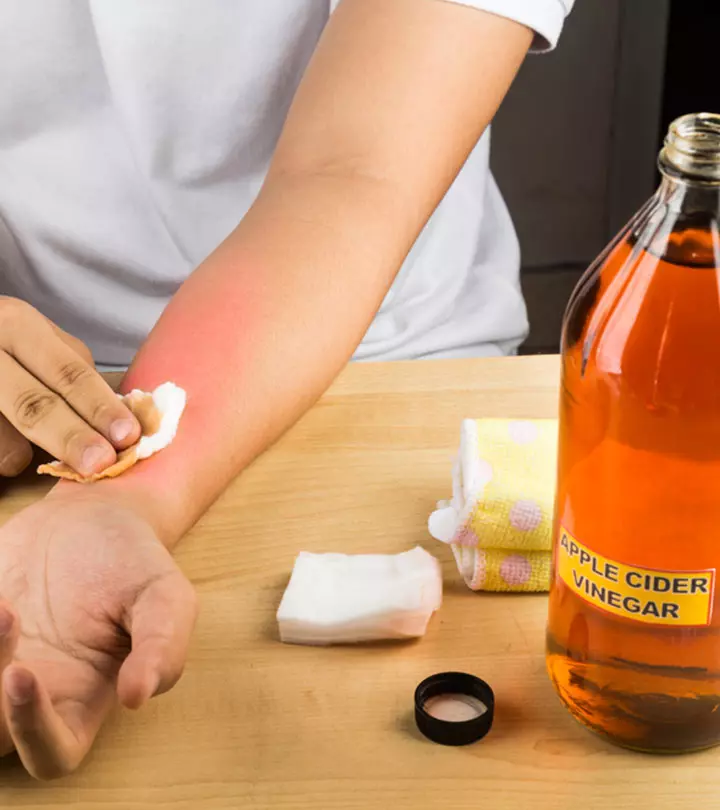
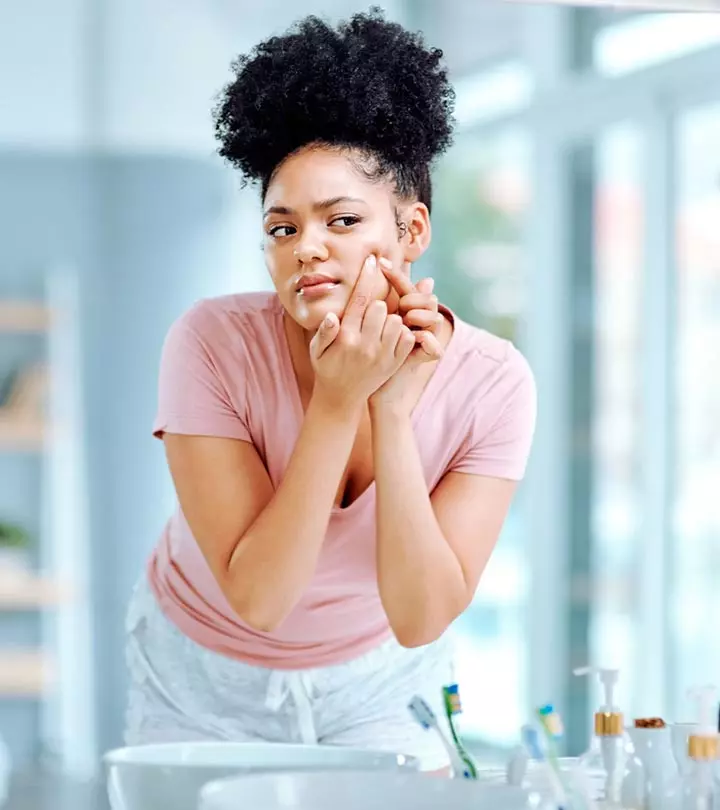
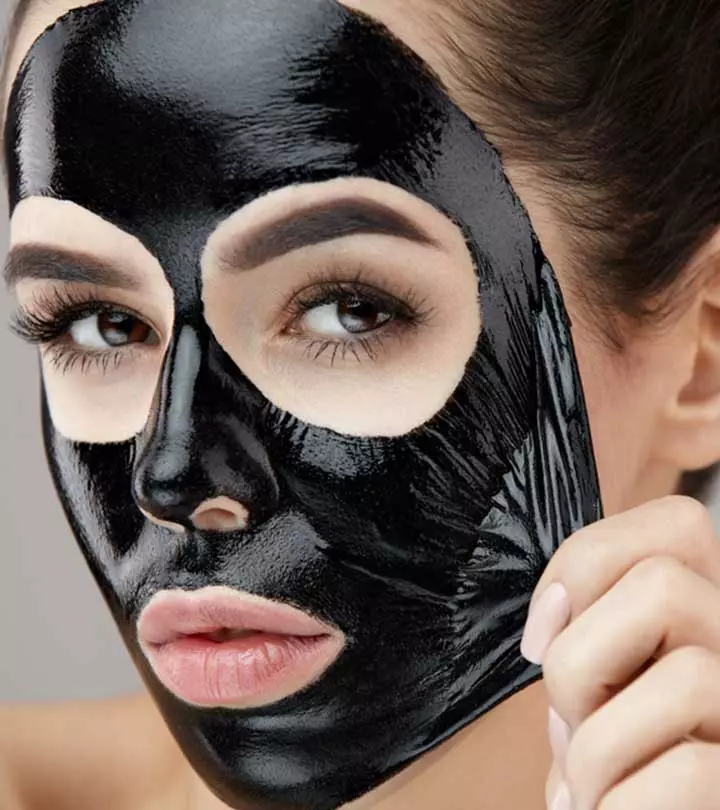
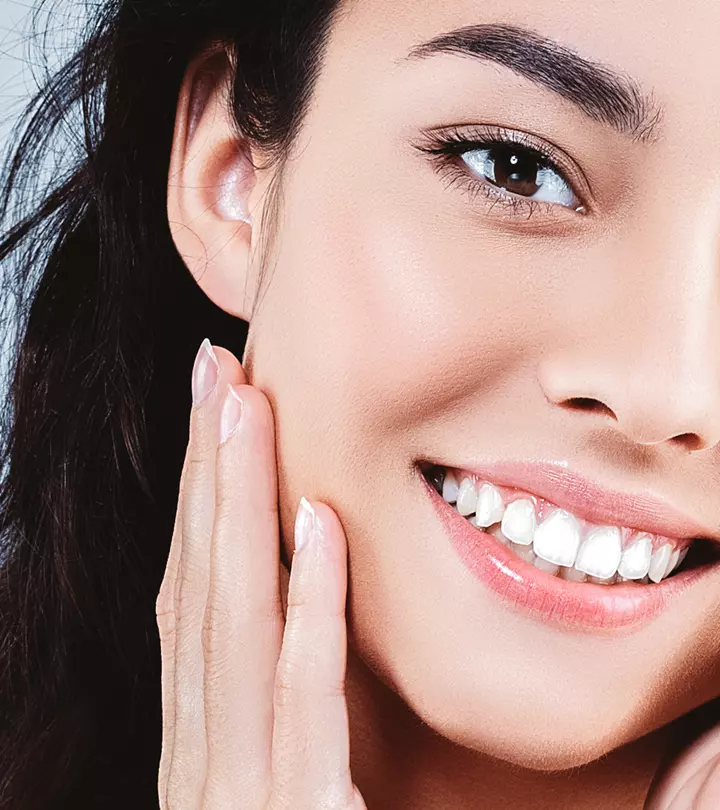

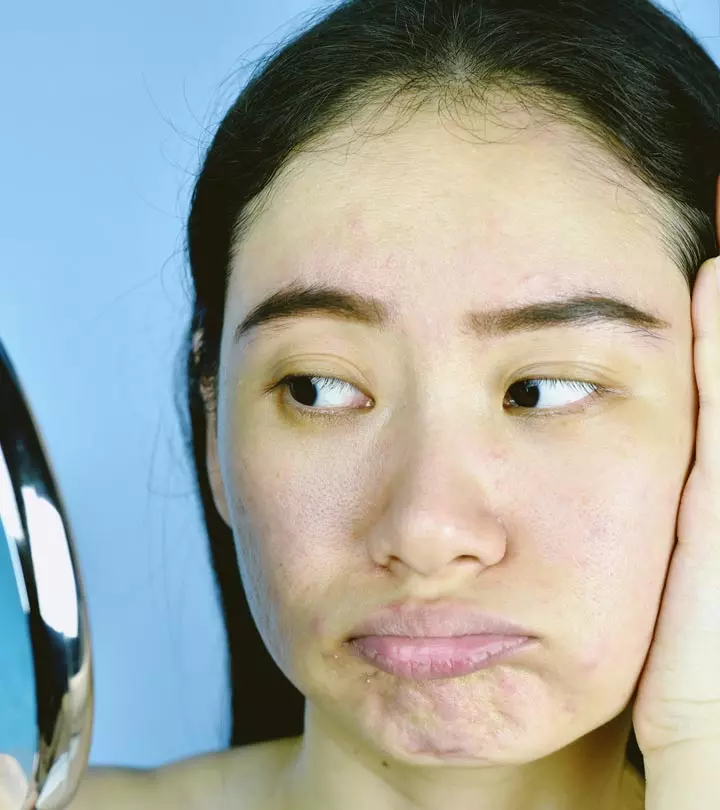

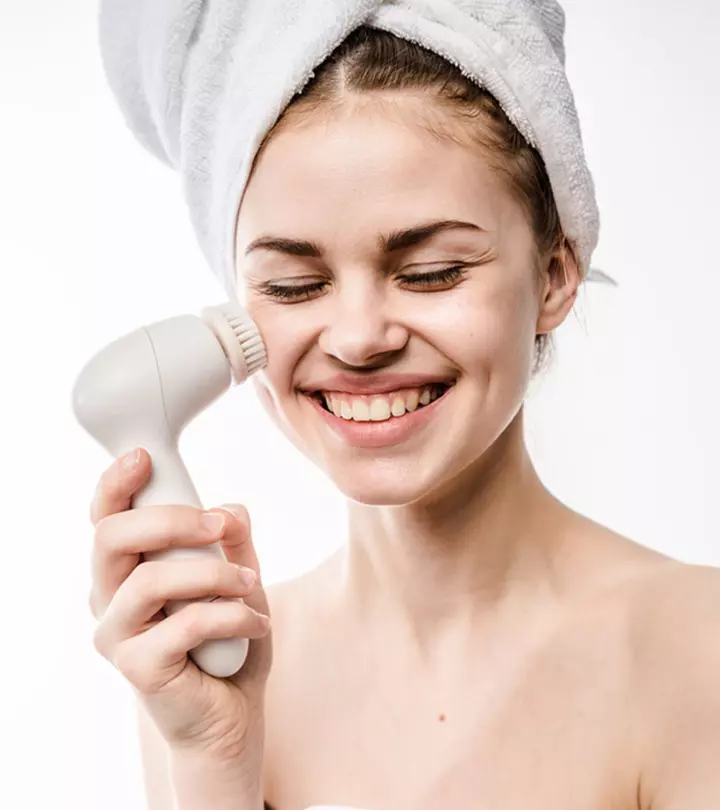

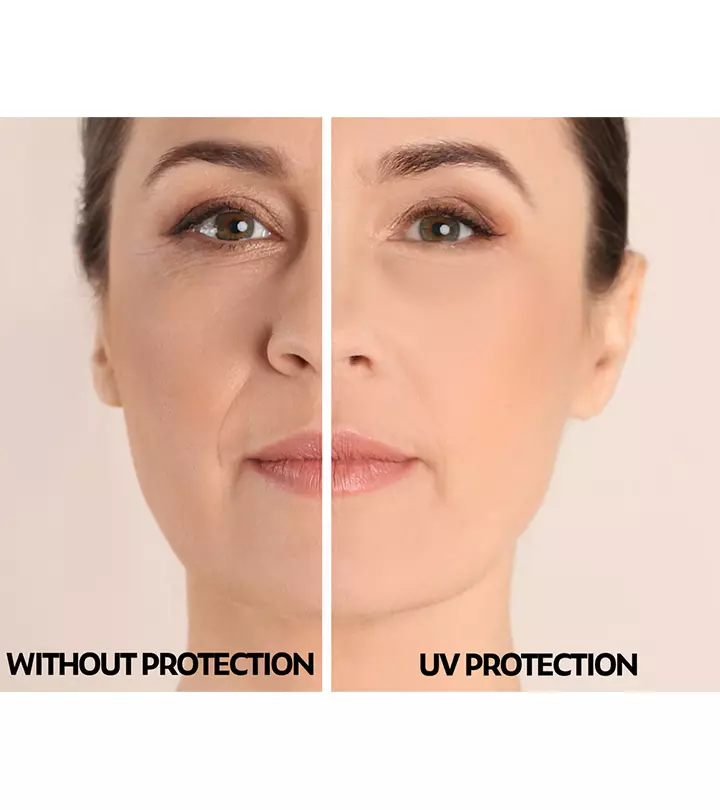
Community Experiences
Join the conversation and become a part of our empowering community! Share your stories, experiences, and insights to connect with other beauty, lifestyle, and health enthusiasts.